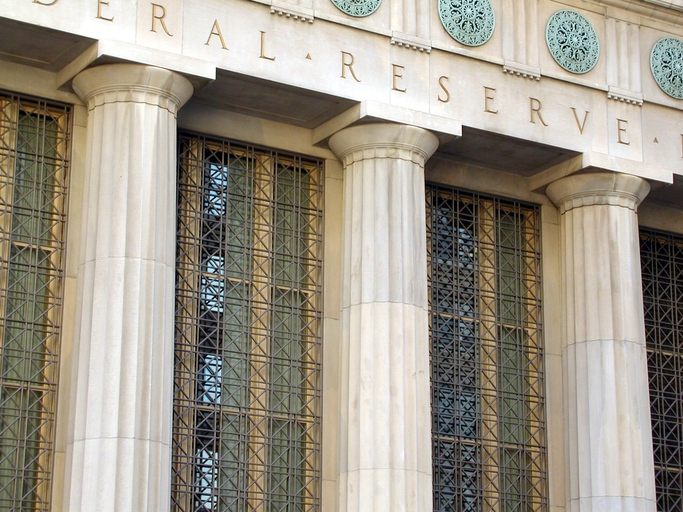
San Francisco Fed Forecasts Shelter Inflation Slowdown Amid Rising Interest Rates

Interest rate hikes and cooling rental markets lead to most severe contraction since global financial crisis.
The Federal Reserve Bank of San Francisco predicts a significant slowdown in the housing market and forecasts shelter inflation to slow considerably over the next 18 months.
After a period of extraordinary growth that began in early 2020, both house prices and rents slowed sharply in 2023. While shelter inflation has remained high and continued to grow as part of the Consumer Price Index (CPI), other components of overall inflation have cooled.
The Federal Reserve has aggressively raised interest rates since early 2022, aiming to reduce inflation. These hikes have had significant effects on the housing market, contributing to the recent slowdown. If shelter inflation continues at its current high levels, it could create challenges for the Federal Reserve in reducing overall inflation to its 2% longer-run goal.
Utilizing a combination of data from various market indexes, the San Francisco Fed's economic letter forecasts the path of CPI shelter inflation over the next year and a half. Results suggest that the recent slowdown in rents and house prices will substantially impact slowing shelter inflation in the future. However, the forecasts are accompanied by substantial uncertainty.
Shelter inflation, which has been above 8% since early 2023, plays a crucial role in the overall inflation rate. As it makes up about 30% of the CPI consumption basket, its continued high levels have a significant impact on the path of future overall inflation.
The study also highlighted the complexity of understanding how asking-rent indexes translate into the CPI shelter index. Differences in building types, geographic areas, and methodologies used to estimate rents contribute to this complexity. Moreover, specific asking-rent indexes might not fully represent the overall market, complicating the translation into changes in the CPI shelter index.
Using a dynamic statistical model, the San Francisco Fed has forecasted that year-over-year shelter inflation could continue to slow through late 2024 and may even turn negative by mid-2024. This would be the most severe contraction in shelter inflation since the global financial crisis of 2007-09.
The models also highlight significant uncertainty in the forecasts, and the results could be affected by potential future economic shocks or changes in the relationship between housing market indicators and shelter inflation.
The recent findings and forecasts have critical implications for both policymakers and the housing market. The rapid rise in interest rates since early 2022 is likely to continue to slow housing markets. This slowdown, combined with signals of cooling in recent rental markets, indicates that the pressure from shelter inflation could ease substantially.
At a minimum, the San Francisco Fed concludes that the risk of surprise increases in shelter inflation has become significantly smaller with the rapid rise in interest rates. However, the forecast also emphasizes many unforeseen factors that could still affect the actual realizations of shelter inflation over the forecast horizon, cautioning against absolute certainty.
The focus on the housing market's response to monetary policy and interest rate adjustments emphasizes the intricate relationships within the economy. Policymakers, economists, and stakeholders in the housing industry will likely continue to closely monitor these trends as they navigate the complex landscape of inflation control and economic stability.




